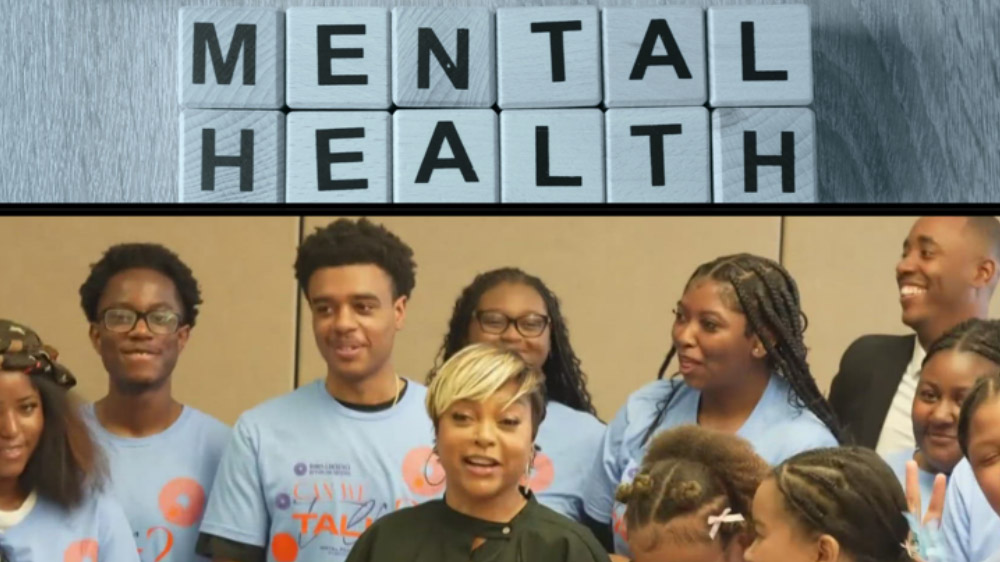Strong reading and writing skills are at the heart of every child’s education. Literacy is not only about books—it’s about communication, comprehension, and confidence.
From preschool through high school, parents can play a powerful role in supporting literacy at home. The good news is that you don’t need to be an expert teacher. With a few simple strategies, you can help your child grow into a strong, confident reader and writer.
Why Literacy Matters
Literacy is more than the ability to read words on a page. It helps children think critically, express themselves, and succeed across every subject. Students who develop strong literacy skills early are more likely to perform well in school and feel prepared for college or career paths later on.
Early Childhood (Ages 3–7)
Young children learn best through play and repetition. At this stage, parents can create a strong foundation by making reading part of everyday life.
- Read aloud daily. Even short stories spark imagination and build vocabulary.
- Ask questions while reading. Simple prompts like “What do you think will happen next?” help children connect with the story.
- Play with sounds. Rhyming games, songs, and alphabet puzzles make learning letters fun.
Elementary School (Ages 7–11)
Children begin reading longer books and writing short paragraphs. This is the perfect time to build habits that keep them motivated.
- Give them choices. Let your child pick books on topics they enjoy.
- Set aside family reading time. When they see you read, they’re more likely to follow.
- Encourage writing. Journals, letters to relatives, or short stories strengthen both reading and writing skills.
Middle School (Ages 11–14)
Middle schoolers face new challenges with complex texts and research projects. Parents can keep literacy engaging and practical.
- Talk about what they’re reading in class. Ask their opinion and listen.
- Connect books to real life. If they’re learning about history, watch a documentary or visit a museum together.
- Introduce current events. Reading age-appropriate news articles helps build comprehension and awareness.
High School (Ages 14–18)
At this stage, literacy becomes preparation for college, careers, and independent life. Teenagers benefit from guidance that sharpens their skills and keeps them motivated.
- Support critical thinking. Discuss themes, arguments, and perspectives in the books they read.
- Encourage college- and career-related reading. Articles, biographies, or professional blogs expose them to real-world language.
- Keep writing relevant. Resumes, essays, or even creative projects help them see the value of strong writing.
Tips for Parents of All Ages
- Make reading a routine, not a chore.
- Celebrate progress, no matter how small.
- Create a print-rich environment with books, magazines, and newspapers at home.
- Show interest in what your child reads and writes.
Literacy is a lifelong skill. By nurturing it at every stage, parents give their children more than academic success—they give them confidence, independence, and the ability to use words as tools for growth. Whether it’s a bedtime story, a journal entry, or a thoughtful essay, every step builds toward a brighter future.





